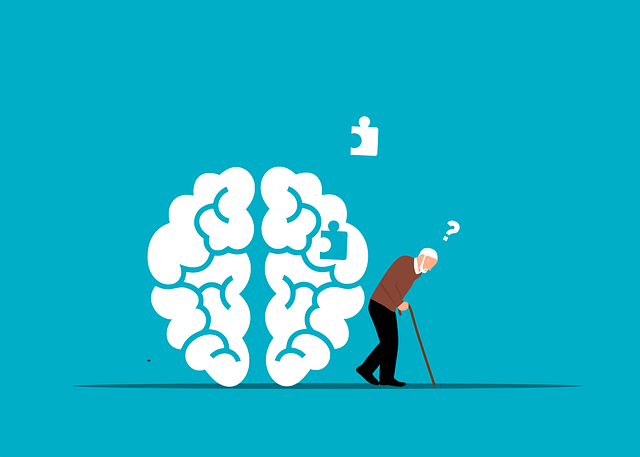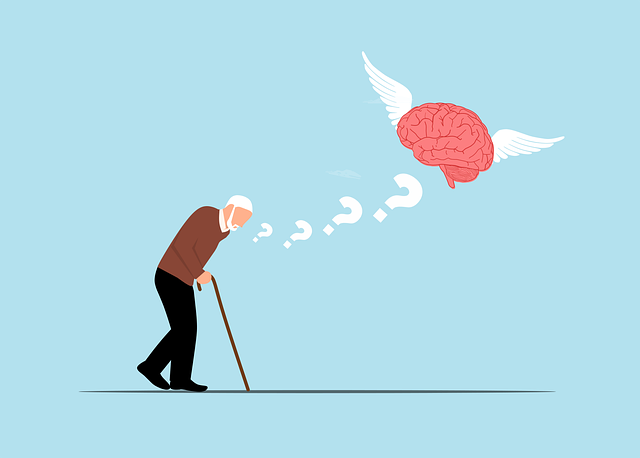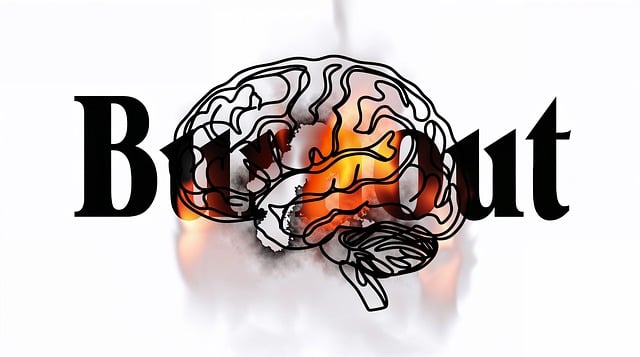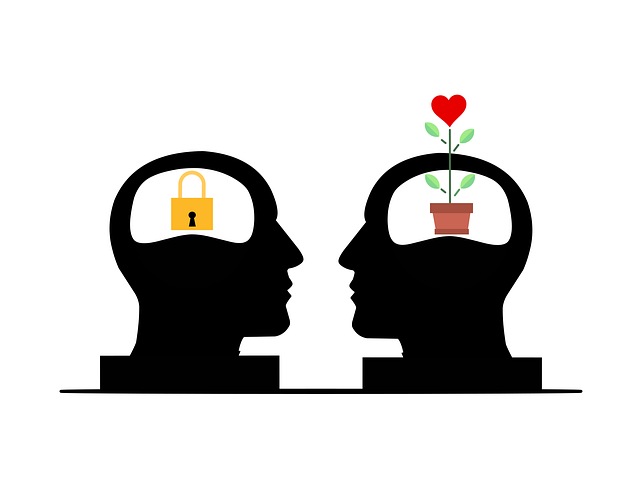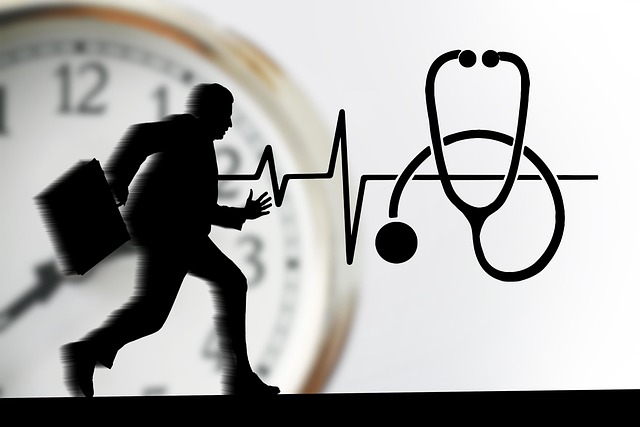Highlands Ranch Child Abuse Therapy (HRCAT) offers compassionate mental wellness self-assessment tools inspired by their successful therapeutic methods. These assessments help individuals gain insights into their mental health, fostering resilience and personal growth through self-reflection. Combining validated scales for anxiety, depression, and trauma with open-ended questions, these tools provide a holistic evaluation. They're not just diagnostic aids but powerful resources for personal growth and community support, as seen in HRCAT's Community Outreach Program. By integrating these assessments, therapists can personalize treatment plans, track progress, and adapt strategies, creating an inclusive, sensitive environment that empowers clients on their healing journey.
Mental wellness self-assessment tools play a pivotal role in empowering individuals to take charge of their mental health. Inspired by the proven effectiveness of the Highlands Ranch Child Abuse Therapy Approach, this article delves into developing comprehensive self-evaluation methods. We explore key components for accurate assessments and practical strategies for integrating these tools into therapeutic practices. By understanding mental wellness holistically, professionals can offer more effective support tailored to individual needs, fostering resilience and well-being.
- Understanding Mental Wellness Self-Assessment: The Highlands Ranch Child Abuse Therapy Approach
- Designing Effective Tools: Key Components for Comprehensive Self-Evaluation
- Implementation and Impact: Strategies for Integrating Assessment Tools in Therapeutic Practices
Understanding Mental Wellness Self-Assessment: The Highlands Ranch Child Abuse Therapy Approach

Mental Wellness Self-Assessment tools are invaluable for individuals seeking to understand and improve their mental health. One such innovative approach is inspired by the Highlands Ranch Child Abuse Therapy methods, which focus on fostering resilience and inner strength in children exposed to trauma. This therapeutic model emphasizes the importance of self-reflection and personal growth, encouraging clients to identify their strengths and areas for improvement.
By adopting compassion cultivation practices, these assessments aim to enhance mental health awareness and promote positive change. The process involves guiding individuals through a journey of self-discovery, where they can explore their emotions, thoughts, and behaviors in a safe and supportive environment. This proactive approach empowers people to develop the necessary inner strength to overcome challenges, just as the Highlands Ranch Child Abuse Therapy programme equips young clients with tools to navigate difficult circumstances.
Designing Effective Tools: Key Components for Comprehensive Self-Evaluation

When designing effective mental wellness self-assessment tools, it’s crucial to incorporate key components that facilitate comprehensive self-evaluation. These tools should encompass a wide range of factors affecting one’s mental health and well-being, including emotional state, stress levels, coping mechanisms, and social support networks. Incorporating validated assessment scales for anxiety, depression, and trauma history, along with open-ended questions to explore individual experiences, ensures a holistic approach.
At Highlands Ranch Child Abuse Therapy, we understand the importance of tailored interventions. Our Community Outreach Program Implementation emphasizes resilience building through Mental Wellness Journaling Exercise Guidance, empowering individuals to track their progress and identify areas for growth. By integrating these strategies, self-assessment tools become not just diagnostic aids but also powerful resources for personal development and community support.
Implementation and Impact: Strategies for Integrating Assessment Tools in Therapeutic Practices

The integration of mental wellness self-assessment tools into therapeutic practices offers a multifaceted approach to improving patient outcomes in Highlands Ranch Child Abuse Therapy settings. These tools serve as powerful resources for both therapists and clients, enabling early identification of mental health concerns and guiding personalized treatment plans. By utilizing assessment methods tailored to individual needs, practitioners can facilitate more effective interventions, ultimately enhancing the overall therapeutic process.
For instance, self-assessment tools can aid in evaluating aspects such as mood management, self-esteem improvement, and identifying cultural nuances through Healthcare Provider Cultural Competency Training. This not only ensures a more inclusive and sensitive therapeutic environment but also empowers clients to actively participate in their healing journey. Through regular utilization, these assessments can track progress, identify areas of concern, and allow therapists to adapt their strategies, ensuring a dynamic and responsive treatment approach that resonates with each client’s unique experience.
Mental wellness self-assessment tools play a pivotal role in therapeutic practices, as evidenced by the successful implementation of the Highlands Ranch Child Abuse Therapy Approach. By incorporating key components such as comprehensive evaluation frameworks and user-friendly interfaces, these tools enable individuals to gain valuable insights into their mental health. Effective integration strategies, detailed in this article, ensure that self-assessment becomes a powerful tool for both therapeutic intervention and personal growth, ultimately enhancing overall well-being.
